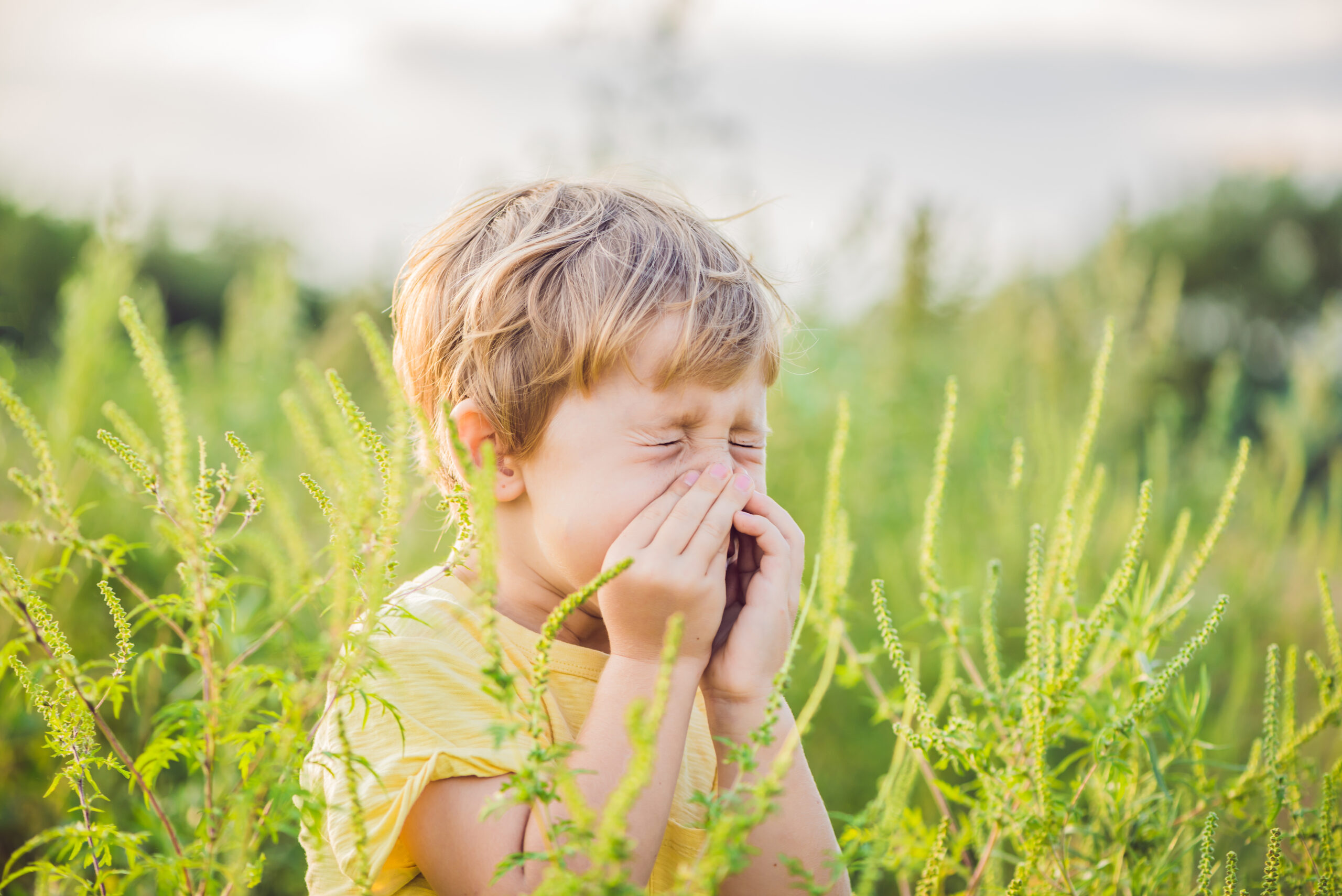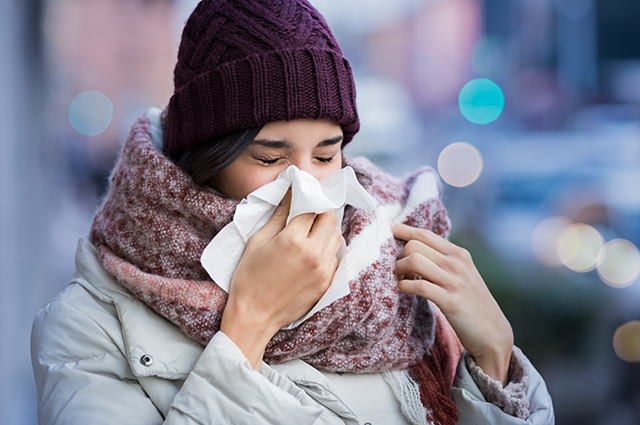
Seasonal Allergies
Seasonal allergies, also known as hay fever or allergic rhinitis, are allergic reactions that occur at specific times of the year.
Seasonal allergies, also known as hay fever or allergic rhinitis, are allergic reactions that occur at specific times of the year. These allergies are triggered by airborne substances such as pollen from trees, grasses, weeds, and mold spores.
The severity of symptoms can vary from person to person, and they are often more prevalent during specific seasons when the particular allergens are in high concentration in the air. Common triggers include tree pollen in the spring, grass pollen in late spring and early summer, and weed pollen in late summer and fall. Mold spores can be present throughout the year but may increase in humid conditions.
Symptoms of Seasonal Allergies
Seasonal vs. Year Round Allergies
It's important to note that seasonal allergies are different from year-round (perennial) allergies, which can be triggered by
indoor allergens such as dust mites, pet dander, and mold that are present throughout the year. If someone suspects they have seasonal allergies, they may seek relief through over-the-counter antihistamines, decongestants, or nasal corticosteroids. In severe cases, a healthcare professional may recommend prescription medications or allergy shots.


